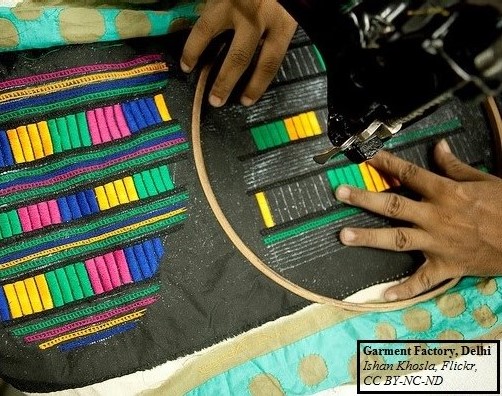Export-oriented industries have large impacts on growth in lower-income countries (LICs). A growing appetite for labour in these industries, due to global demand for their goods, is a key channel through which growth is realized. The ready-made garment (RMG) industry is an excellent example of a labour-intensive, export-oriented industry based primarily in LICs and MICs. The RMG industry is also unique in that it mainly employs female workers. Garment firms in these countries face large potential for growth; indeed, these countries already produce most of the world’s garments. Rural-urban labour-related migration is essential to the development of export-oriented industries and, in turn, a fundamental aspect of the economic growth and structural transformation of LICs. Despite the importance of (female) rural-urban migration for industrial growth, migrants still face significant barriers to assimilating in cities, which harm both workers and firms alike. Specifically, they are aiming to prolong workers’ employment at the firm, and estimate its impact on productivity and welfare.
The research will be conducted in partnership with one of the largest garment manufacturers in India, enabling the researchers to design and implement large-scale, randomized controlled trials. To understand the productivity impacts of tenure, they have planned a series of observational and experimental studies that will remove barriers to the successful rural-urban migration of women; allowing assessment of the impact longer tenure has on both worker welfare and workplace outcomes.
This research could significantly transform the recruitment, training, and management of these female migrant workers within the firm and even across other firms and industries. It will help inform policymakers on what drives worker migration decision, which barriers are most salient for rural women in India, and what determines productivity and advancement in the workplace for women migrants.






